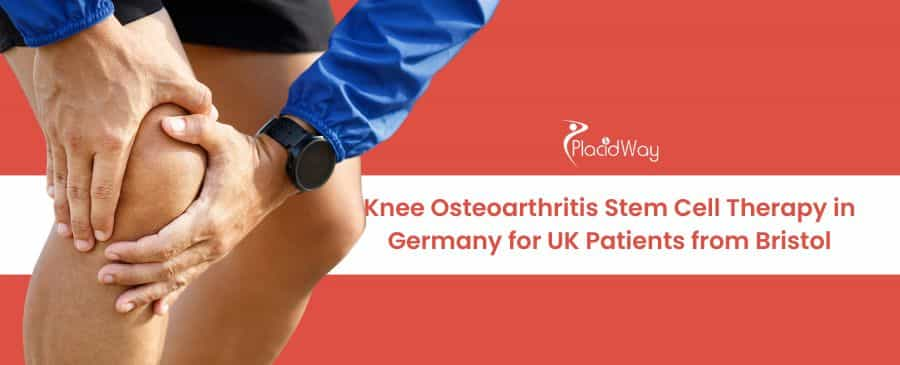
Welcome to the future of regenerative medicine. This guide is for UK patients exploring stem cell therapy for knee osteoarthritis in Germany—a world-leading destination for this innovative treatment. We'll break down how this non-surgical procedure works, why Germany is a top choice for medical travel, what you can expect in terms of cost and recovery, and how you can plan your journey from the UK to a new lease on mobility.
Key Takeaways
-
Stem cell therapy is a leading-edge regenerative medicine treatment that uses your body's own healing cells (or donor cells) to repair damaged knee cartilage, reduce inflammation, and alleviate pain from osteoarthritis (OA).
-
Germany is a global leader in orthopedic stem cell research and application, offering advanced, stringently regulated treatments that are often more affordable than private options in the UK.
-
The treatment is minimally invasive, typically involving harvesting cells from your fat tissue or bone marrow and reinjecting them into the knee joint, with recovery time significantly faster than surgery.
-
Cost in Germany: A single knee injection typically ranges from $5,000 to $8,000 USD (€4,500 - €7,300).
-
Cost in the UK: Private treatment is more expensive, often ranging from $7,000 to $10,000 USD (£5,500 - £8,000).
-
Cost in Turkey: A highly competitive option, with packages often starting from $3,500 to $6,000 USD.
-
Cost in Mexico: Another popular medical tourism hub, with costs similar to Turkey, around $4,000 to $7,000 USD.
Understanding Knee Osteoarthritis and Its Impact
Knee osteoarthritis (OA) is a degenerative joint disease where the protective cartilage on the ends of your bones wears down over time, leading to pain, stiffness, and reduced mobility.
If you're reading this, you are likely familiar with the daily burden of chronic knee pain. Knee OA is the most common form of arthritis, affecting millions of people. It's not just "wear and tear"; it's an active disease process that causes the slick, shock-absorbing cartilage in your knee to thin and break down.
When this cartilage is damaged, bone can rub against bone. This results in:
-
Aching pain, especially after activity
-
Stiffness, particularly in the morning
-
A grating or crackling sensation (crepitus)
-
Swelling around the joint
-
Loss of flexibility and difficulty bending the knee
Traditional treatments like physiotherapy, painkillers (NSAIDs), steroid injections, or hyaluronic acid injections aim to manage symptoms. However, they don't stop the disease's progression. Eventually, many patients are told their only remaining option is a total knee replacement, a major surgery with a long recovery period.
What is Stem Cell Therapy for Knee Osteoarthritis?
Stem cell therapy is a non-surgical, minimally invasive procedure that uses your body's natural "repair cells" to help heal damaged joint tissue, reduce inflammation, and slow the progression of osteoarthritis.
This treatment is a groundbreaking field of regenerative medicine. Instead of just masking symptoms, it aims to support the body's own healing mechanisms. The "master cells" used are typically Mesenchymal Stem Cells (MSCs).
MSCs are "pluripotent," meaning they have the remarkable ability to:
-
Differentiate: They can transform into other cell types, including chondrocytes, which are the cells that build new cartilage.
-
Modulate Inflammation: They release powerful anti-inflammatory agents that can calm the "fire" of arthritis in your joint, providing significant pain relief.
-
Secrete Growth Factors: They release special proteins (paracrine factors) that signal your own local tissues to start repairing themselves and slow down cell death.
Where Do the Stem Cells Come From?
For orthopedic treatments, the cells are autologous (meaning they come from your own body), which eliminates the risk of rejection. The two most common sources are:
-
Adipose-Derived Stem Cells (ADSCs): Harvested from your own fat tissue (usually the abdomen or flank) through a simple mini-liposuction procedure. Fat is an incredibly rich source of MSCs.
-
Bone Marrow Concentrate (BMC): Harvested from your hip bone (iliac crest) using a special needle. This concentrate contains both MSCs and other healing growth factors.
German clinics will determine the best source based on your specific condition, age, and the clinic's protocol.
Why Choose Germany for Your Stem Cell Treatment?
Germany is a world-renowned center for orthopedics and regenerative medicine, combining strict government regulation, advanced technology, and often lower costs than private UK clinics.
While the NHS does not routinely offer stem cell therapy for OA (it's often considered experimental), Germany has been at the forefront of its clinical application for years. For a UK patient, especially one flying from Bristol, Germany offers a compelling, accessible, and high-quality option.
-
Strict Regulation & Safety: German medical standards are among the highest in the world. Clinics performing stem cell therapies are rigorously monitored by government bodies, ensuring cell processing and application meet strict safety and quality protocols (like TUV certification). This is a crucial trust factor.
-
Advanced Technology: German orthopedic centers (e.s., in Frankfurt, Munich, and Offenbach) invest heavily in the latest technology for cell harvesting, processing, and imaging. They often use high-concentration Stromal Vascular Fraction (SVF) from fat or pure, cultured MSCs, which may offer a more potent treatment.
-
World-Class Specialists: You gain access to orthopedic surgeons and scientists who are specialists in regenerative medicine, not just general orthopedics. They have extensive experience in these specific protocols.
-
Cost-Effectiveness: As you'll see in the cost section, private treatment in Germany is frequently more affordable than the equivalent procedure in a private London or Manchester clinic, even when factoring in travel.
-
Accessibility from Bristol: Bristol Airport (BRS) offers direct, short-haul flights to major German hubs like Frankfurt (FRA) and Munich (MUC), often in under two hours, making the journey simple and minimally disruptive.
Expert Insight
Many German protocols combine stem cell injections with other biologic treatments like Platelet-Rich Plasma (PRP). The PRP acts like a "fertilizer" for the stem cells, providing a rich bath of growth factors that enhances their ability to activate and begin the repair process.
Are You an Ideal Candidate for Knee Stem Cell Therapy?
The best candidates are typically those with mild to moderate osteoarthritis who are not yet ready for—or want to avoid—total knee replacement surgery.
Stem cell therapy is not a miracle cure, and it cannot reverse "bone-on-bone" (Grade 4) arthritis. It works best when there is still some cartilage left to save and a joint environment that can be repaired.
You may be a good candidate if you:
-
Suffer from chronic knee pain that interferes with your daily life.
-
Have been diagnosed with mild to moderate (Grade 2-3) osteoarthritis.
-
Have had a poor response to conservative treatments like physiotherapy, steroid injections, or NSAIDs.
-
Are seeking to delay or avoid knee replacement surgery.
-
Are in good general health and do not have active cancer, blood-borne diseases, or infections.
-
Have realistic expectations about the outcome (i.e., you're seeking significant pain reduction and functional improvement, not a brand-new knee).
This treatment is generally not recommended for severe, end-stage arthritis, certain autoimmune conditions, or those on high-dose anticoagulant (blood-thinning) therapy. A thorough evaluation by the German medical team, including reviewing your MRIs, is required to confirm candidacy.
The Knee Stem Cell Therapy Procedure in Germany: A Step-by-Step Guide
The entire process is typically completed in a single day as an outpatient procedure, involving harvesting your cells, concentrating them, and injecting them into your knee.
Here is a typical journey for a patient undergoing autologous stem cell therapy in a German clinic:
Step 1: Pre-Trip Consultation
You will have a remote consultation with the PlacidWay team and the German clinic. You'll share your medical history, recent X-rays, and MRI scans. The German specialists will review them to confirm you are a good candidate and create your personalized treatment plan.
Step 2: Arrival and Final Consultatio
You'll fly from Bristol to your destination city (e.g., Frankfurt). The next day, you'll meet your doctor for an in-person examination, final discussion, and to sign consent forms.
Step 3: Cell Harvesting (The "Collection")
This is a minimally invasive procedure performed under local anesthesia.
-
For Adipose (Fat) Harvest: The doctor makes a tiny incision and performs a mini-liposuction, collecting a small amount of fat (usually 50-100cc) from your abdomen or love handles. This is generally very well-tolerated.
-
For Bone Marrow Harvest: The doctor numbs an area on the back of your hip (iliac crest) and uses a special needle to draw out a small sample of bone marrow. You may feel a brief, deep pressure, but it is not acutely painful.
Step 4: Cell Processing (The "Concentration")
Your harvested sample (fat or bone marrow) is taken to an on-site, certified laboratory.
-
It is placed in a special centrifuge that spins it at high speed.
-
This process separates and concentrates the powerful Mesenchymal Stem Cells and growth factors, creating a small, potent injectate (e.g., BMC or SVF). This takes about 30-90 minutes.
Step 5: The Injection (The "Treatment")
You are brought back to the treatment room.
-
The doctor thoroughly cleans your knee.
-
Using ultrasound or X-ray guidance to ensure perfect placement, the doctor injects the concentrated stem cell solution directly into your knee joint capsule.
-
A sterile dressing is applied, and the procedure is complete.
The entire outpatient visit, from arrival to departure, usually takes just 2-3 hours. You will be able to walk out of the clinic (though you should take it easy) and return to your hotel.
Cost of Knee Stem Cell Therapy in Germany vs. the UK
Choosing Germany for stem cell therapy can result in savings of 20-40% compared to equivalent private treatment in the UK, without compromising on quality or regulatory oversight.
One of the primary drivers for UK patients seeking treatment abroad is cost. Because this therapy is not on the NHS, patients must pay privately. German clinics, which operate at a high volume and have efficient systems, can offer this advanced care at a much more competitive price.
Here is a comparative breakdown of the typical starting cost for a single-joint stem cell injection:
| Country | Average Starting Cost (USD) | Average Starting Cost (GBP) | Key Notes |
| Germany | $5,000 - $8,000 | £4,000 - £6,400 | Includes high-tech lab processing, strict TUV/EU regulations. |
| United Kingdom | $7,000 - $10,000+ | £5,500 - £8,000+ | Private clinics (e.g., London). Not available on NHS. |
| Turkey | $3,500 - $6,000 | £2,800 - £4,800 | Often sold as all-inclusive packages. Very cost-competitive. |
| Mexico | $4,000 - $7,000 | £3,200 - £5,600 | Popular for US patients; high-quality clinics in major cities. |
| USA | $8,000 - $12,000+ | £6,400 - £9,600+ | Very expensive; costs vary dramatically by state. |
Note: Prices are estimates and can vary based on the clinic's reputation, the specific technique used (e.g., adipose vs. bone marrow), and whether the treatment is for one or two knees.
PlacidWay packages often provide added value by bundling consultations, transfers, and facilitator support, simplifying the entire medical travel process.
Recovery and Success Rates: What to Expect After Treatment
Recovery is rapid, with most patients resuming normal daily activities in days. Pain relief is gradual, with significant improvements often felt between 3 and 6 months as tissues regenerate.
This is not a "quick fix" like a steroid shot. The stem cells need time to work, reduce inflammation, and stimulate repair.
Your Recovery Timeline
-
First 2-3 Days: The knee will likely feel full, sore, or stiff. This is a normal inflammatory response as the cells activate. Rest, ice, and gentle movement are recommended. You will be cleared to fly home from Germany during this time.
-
Week 1-2: You can typically return to light office work and low-impact daily activities. You will be advised to avoid strenuous exercise, deep squatting, or impact sports.
-
Week 4-6: Most patients begin a gentle physiotherapy program to strengthen the muscles supporting the knee and improve the joint's range of motion.
-
Month 3-6: This is when most patients report the most significant reduction in pain and improvement in function. The regenerative process is well underway.
-
Month 6-12: Improvements can continue for up to a year as the tissue continues to remodel and strengthen.
Did You Know?
A 2020 meta-analysis published in Cartilage found that patients receiving intra-articular stem cell injections for knee OA showed significant improvements in pain and function at 6- and 12-month follow-ups compared to control groups (like placebo or hyaluronic acid).
Success rates vary, but many leading clinics report that 75-85% of patients with mild-to-moderate OA experience a significant reduction in pain and an increase in functional ability. The goal is to "turn back the clock" on your arthritis by several years, not to create a new joint.
Planning Your Medical Trip from Bristol to Germany
With direct flights from Bristol to key German cities like Frankfurt, planning your trip is straightforward. A typical medical trip for this procedure requires a stay of just 3-4 days.
Here’s a simple checklist for planning your travel from Bristol (BRS):
-
Get Your Free Quote: Contact PlacidWay to discuss your case. We’ll help you find the right clinic and get an all-inclusive quote.
-
Remote Consultation: You'll send your MRI/X-ray images to the German clinic for evaluation.
-
Book Your Travel:
-
Flights: Book direct flights from Bristol (BRS) to Frankfurt (FRA) or Munich (MUC). These are major hubs for top orthopedic clinics.
-
Accommodation: Book a comfortable hotel for 3-4 nights. PlacidWay can often assist with package deals that include hotel stays.
-
-
Travel Insurance: This is essential. Ensure your policy covers you for planned medical treatment abroad. Your standard EHIC/GHIC card will not cover planned procedures.
-
Pack Your Records: Bring copies of your medical records, MRIs, and a list of your current medications.
-
Arrange Transfers: Your PlacidWay package will typically include an airport pickup, taking you directly to your hotel and clinical appointments.
Frequently Asked Questions (FAQs)
What is the success rate of stem cell therapy for knees?
Success rates depend on the severity of the osteoarthritis. For mild to moderate (Grade 2-3) OA, many leading German clinics report a 75-85% success rate in terms of significant pain reduction and functional improvement. It is less effective for severe "bone-on-bone" arthritis.
How long does stem cell therapy last in the knee?
The results are long-lasting but not always permanent. Many patients experience relief for several years (2-5+ years). The therapy aims to slow the disease's progression, and improvements can continue for up to 12 months post-injection as the cells work. Some patients may opt for a booster injection after a few years.
Is stem cell therapy for knees painful?
The procedure is minimally invasive. You will feel a sting for the local anesthetic. The bone marrow aspiration may cause a deep, brief pressure. The injection into the knee itself is quick and may cause a feeling of fullness. Most patients report only mild, manageable discomfort, far less than surgical pain.
Can stem cells regrow cartilage in the knee?
This is the "holy grail" of regenerative medicine. While studies show MSCs can differentiate into cartilage cells (chondrocytes), the primary benefits most patients experience are from the cells' powerful anti-inflammatory and paracrine (signaling) effects. They create a healthier joint environment that stops inflammation, reduces cell death, and supports your existing cartilage.
What are the alternatives to stem cell therapy?
Alternatives include:
-
Conservative: Physiotherapy, weight loss, and NSAIDs.
-
Other Injections: Corticosteroids (short-term relief), Hyaluronic Acid (lubrication), and Platelet-Rich Plasma (PRP) (uses blood platelets to promote healing).
-
Surgical: Arthroscopy (a "clean-up" surgery) or Total Knee Replacement (a major operation to replace the joint).
Is stem cell therapy for knees available on the NHS?
No. Currently, stem cell therapy for osteoarthritis is not a routine treatment offered by the NHS. It is still considered experimental in the UK and is only available through select private clinics or as part of a clinical trial. This is a key reason UK patients travel to Germany.
How soon can I fly back to Bristol after the procedure?
You can typically fly 1-2 days after your procedure. The entire trip for this treatment is usually only 3-4 days. You will be given aftercare instructions and will be able in-flight stocking to reduce any minimal risk of DVT.
Your Next Step with PlacidWay
Don't let knee pain hold you back any longer. Germany's world-class regenerative medicine is more accessible than you think. As a UK patient from Bristol, you have direct, easy access to some of the best orthopedic clinics in the world.
The PlacidWay team is here to guide you through every step. We can connect you with TUV-certified German clinics, help you get a free, no-obligation quote, and manage your medical journey from start to finish.
Take Control of Your Joint Health
Contact PlacidWay today to find out if you are a candidate for knee stem cell therapy in Germany.



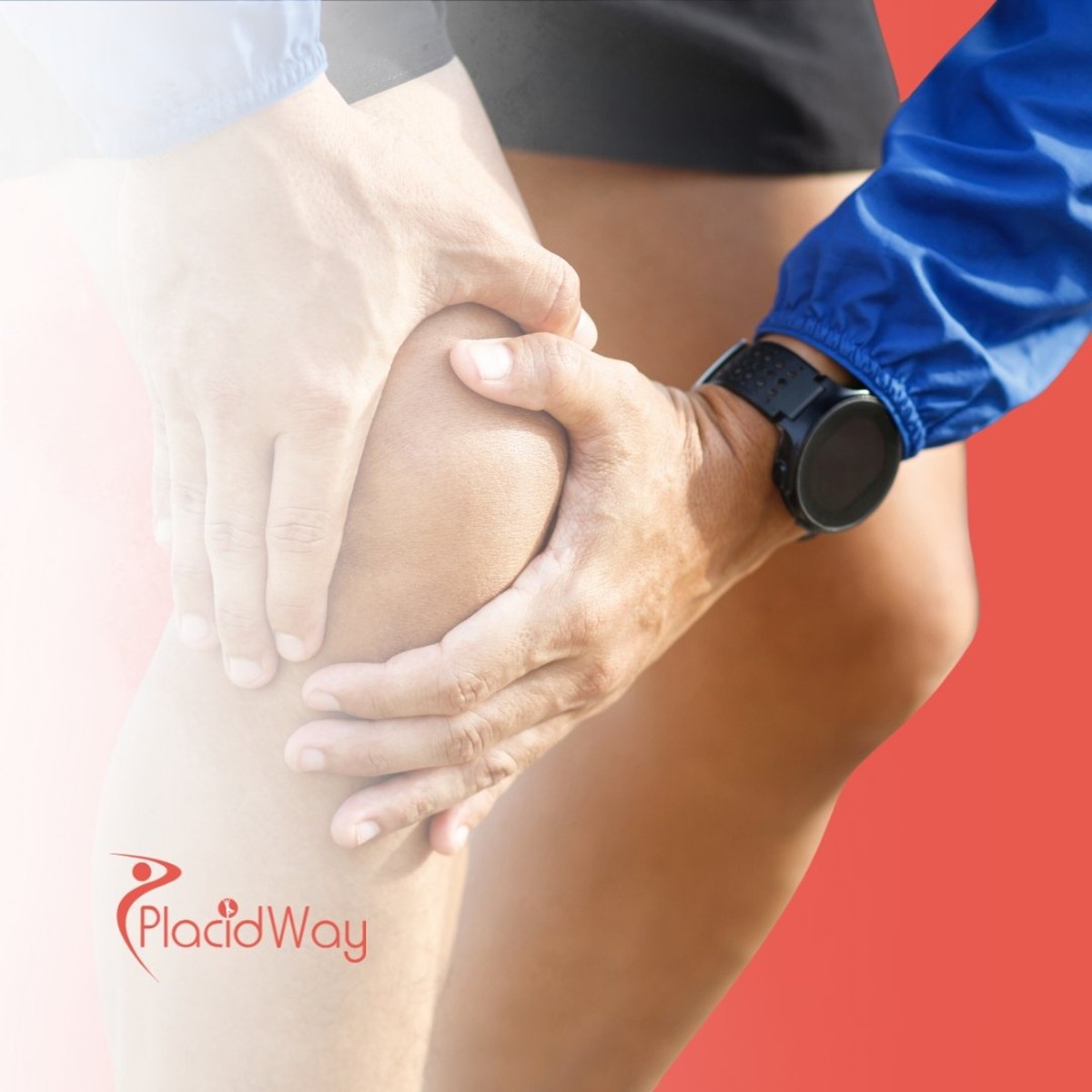
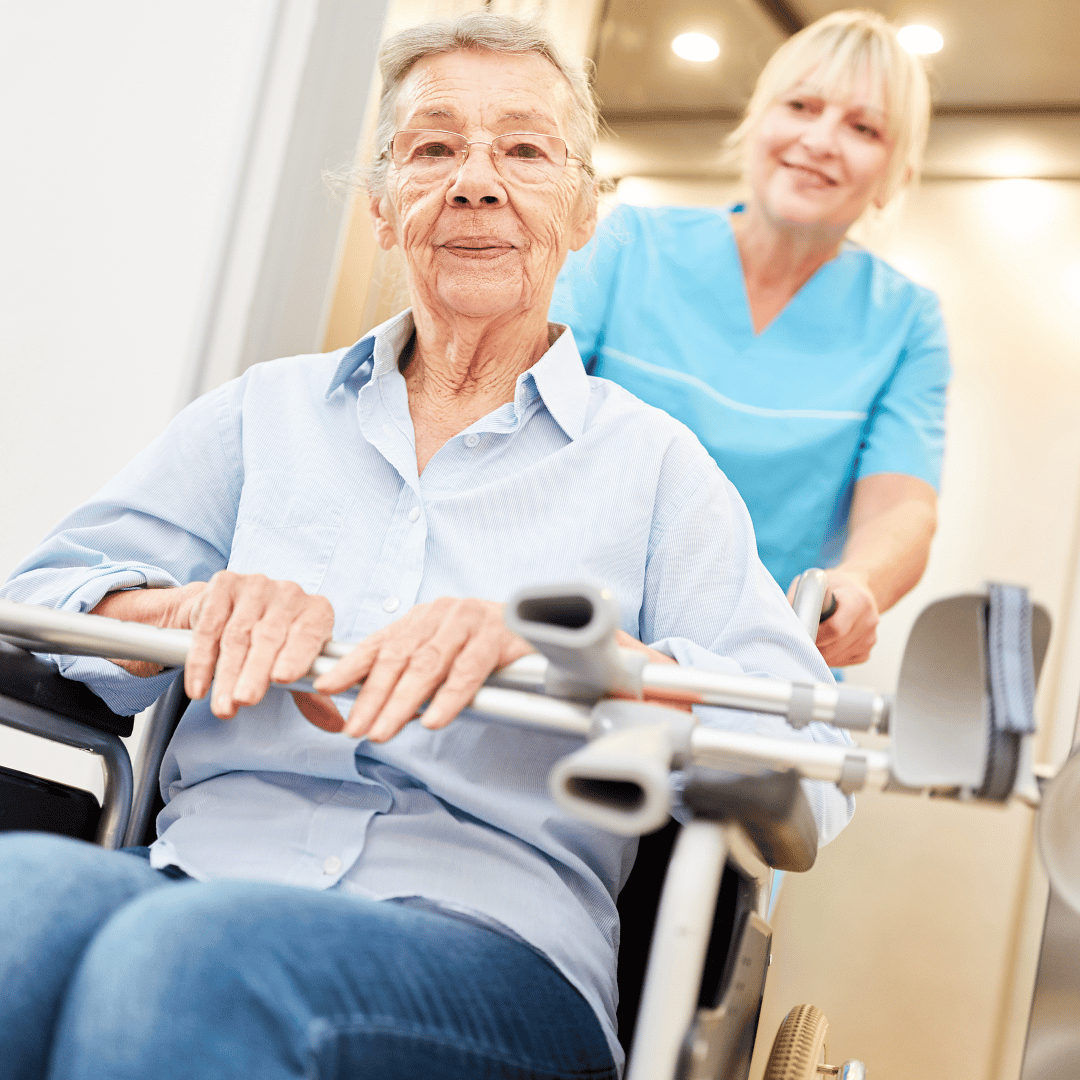
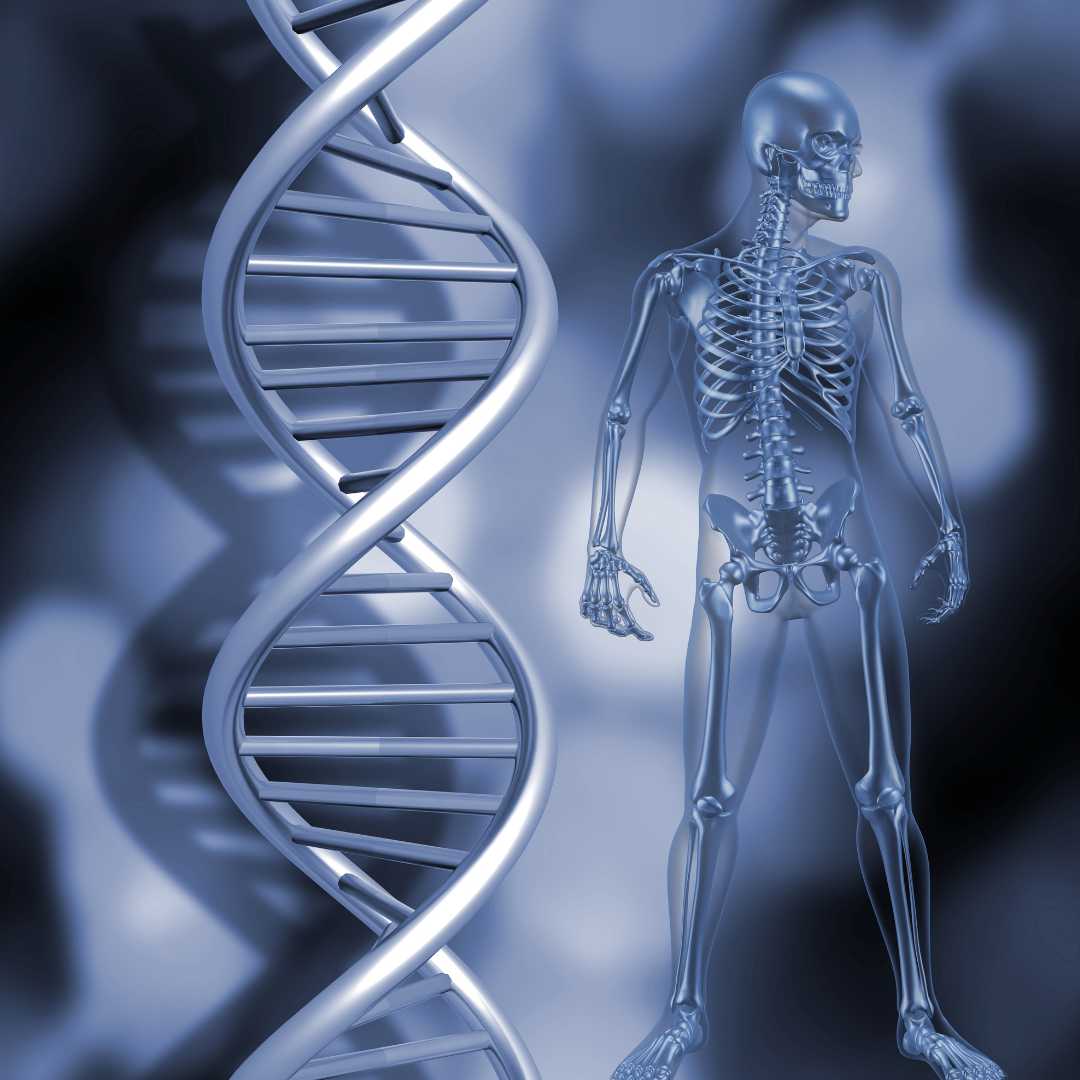
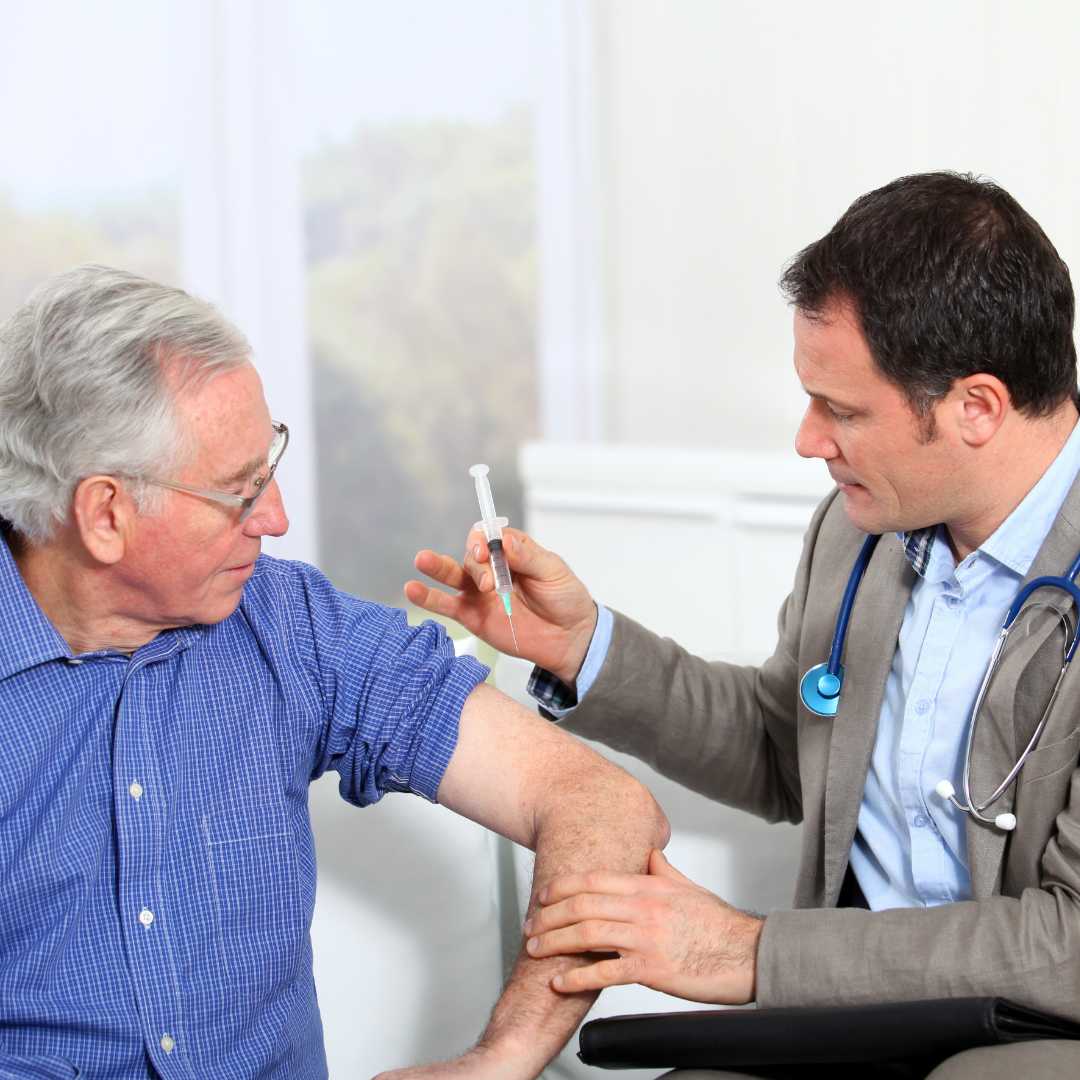
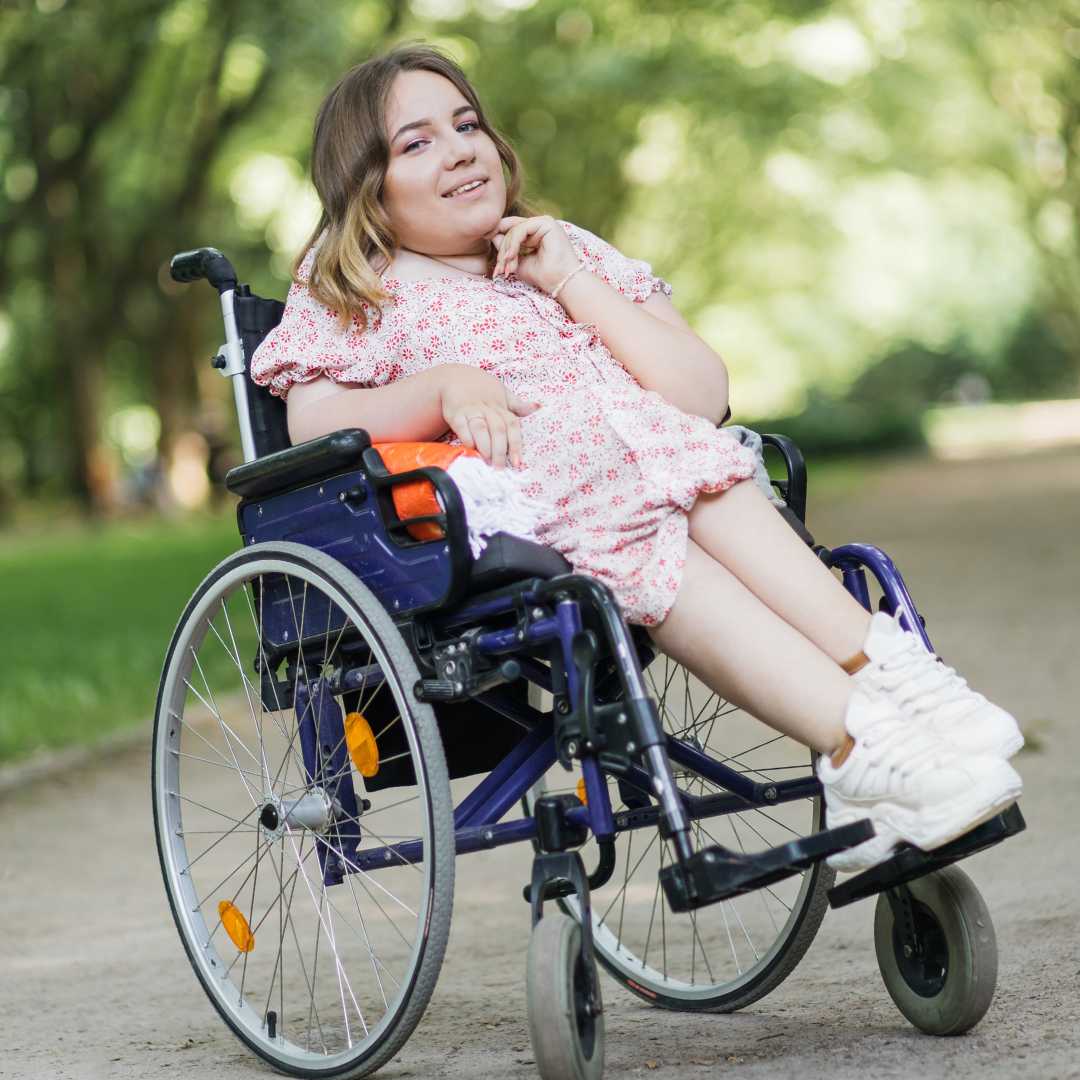
.png)
.png)
.png)
.png)
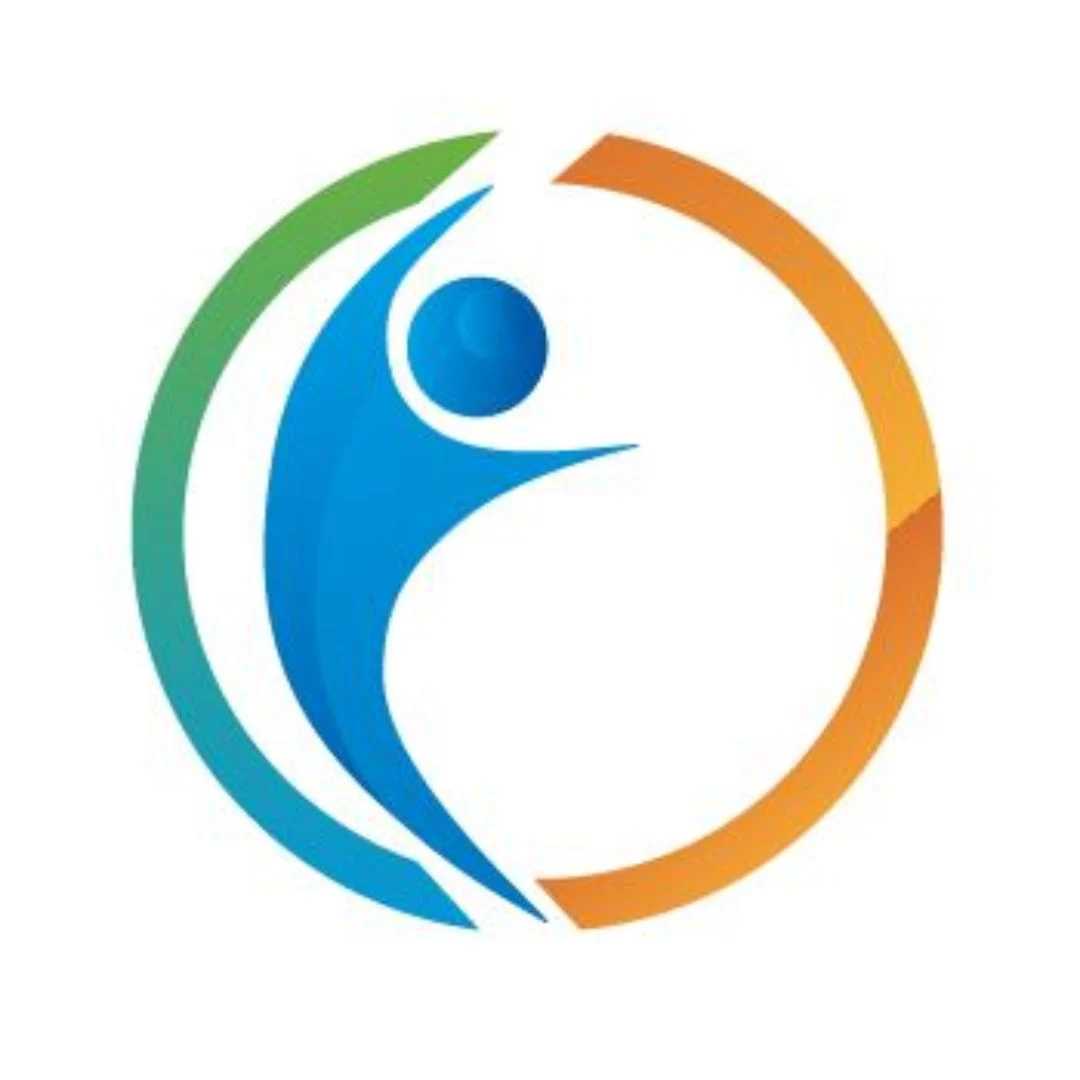
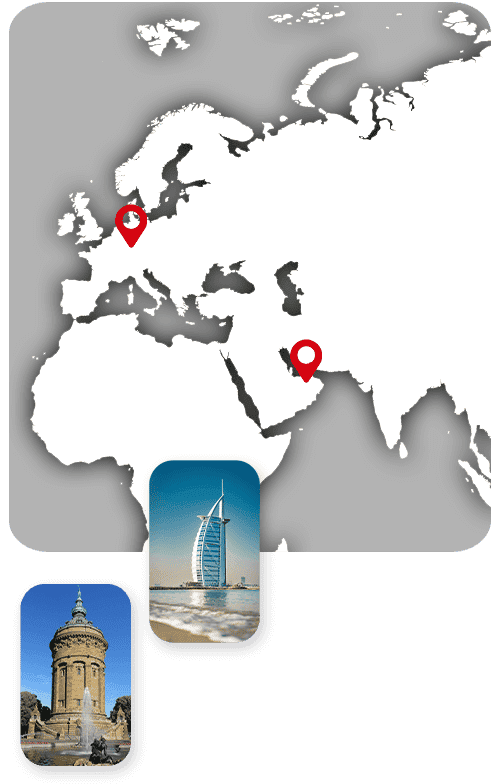
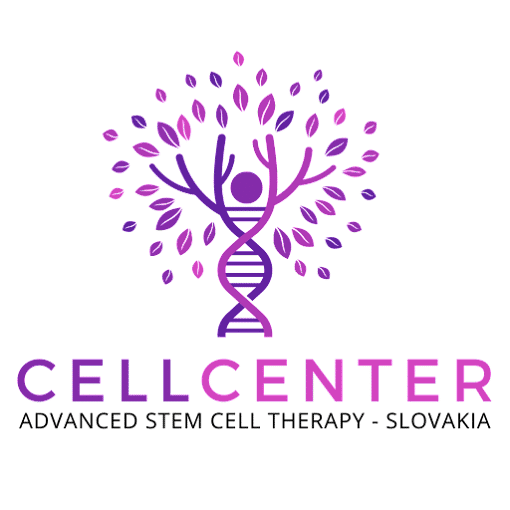
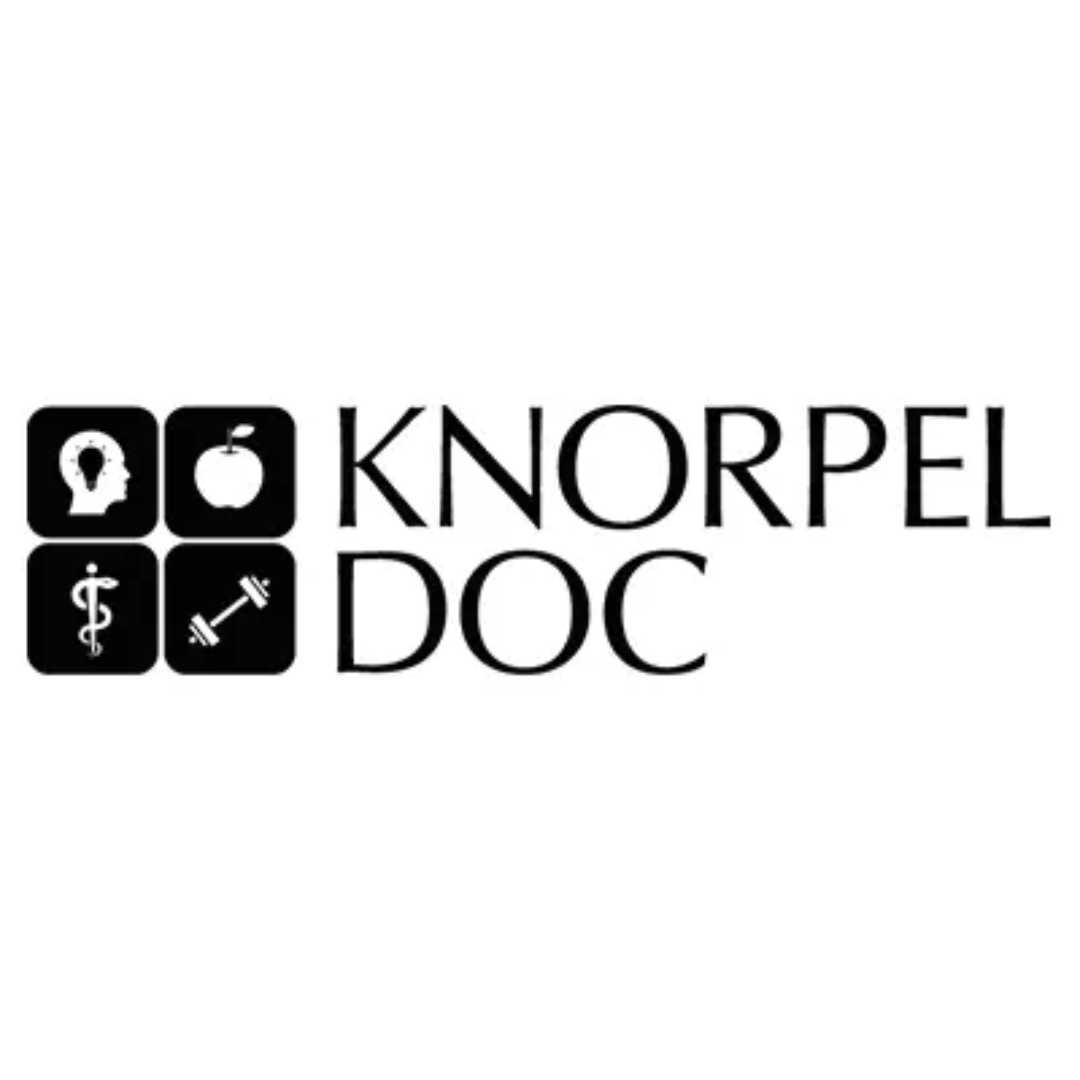

Share this listing